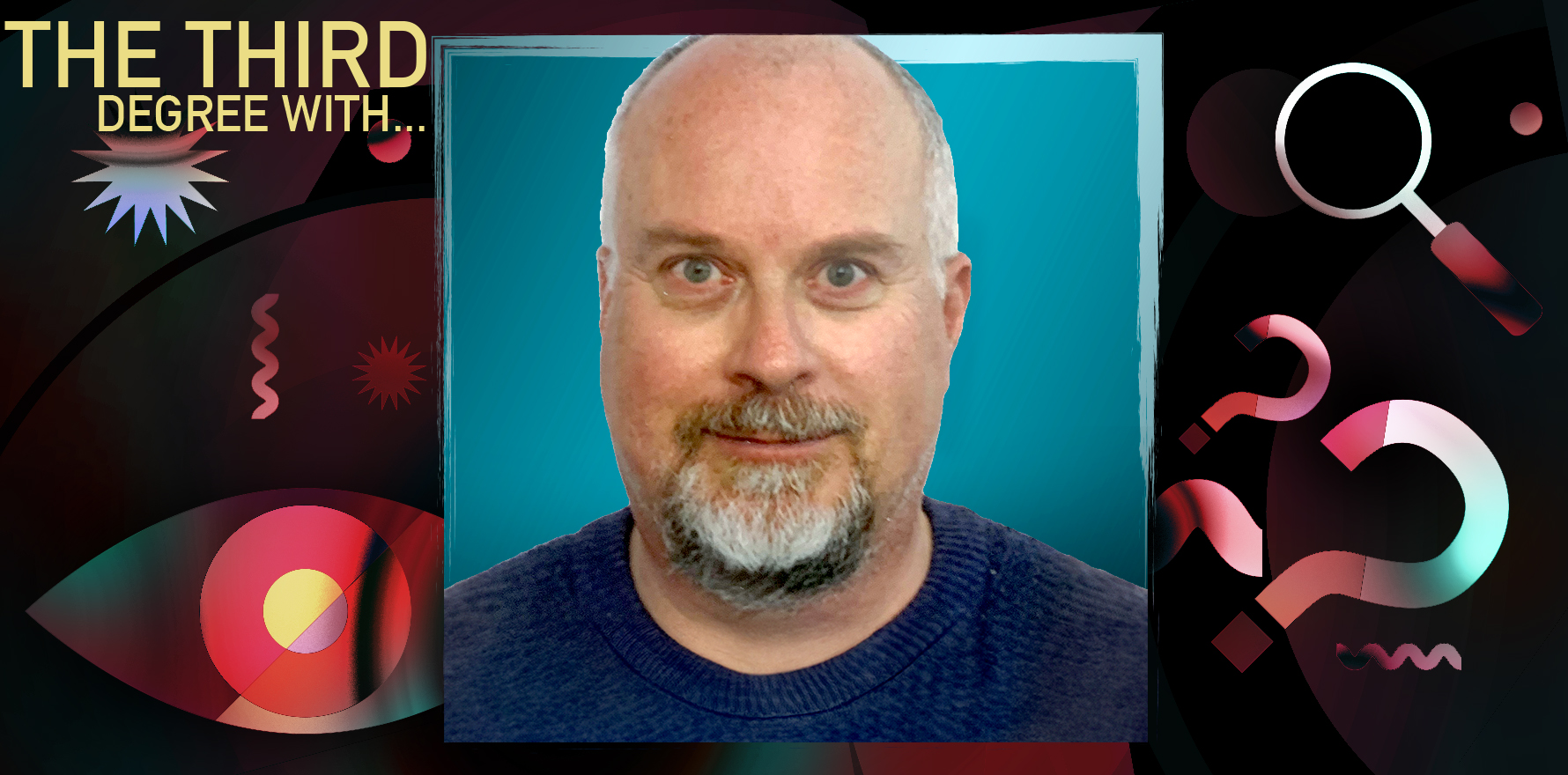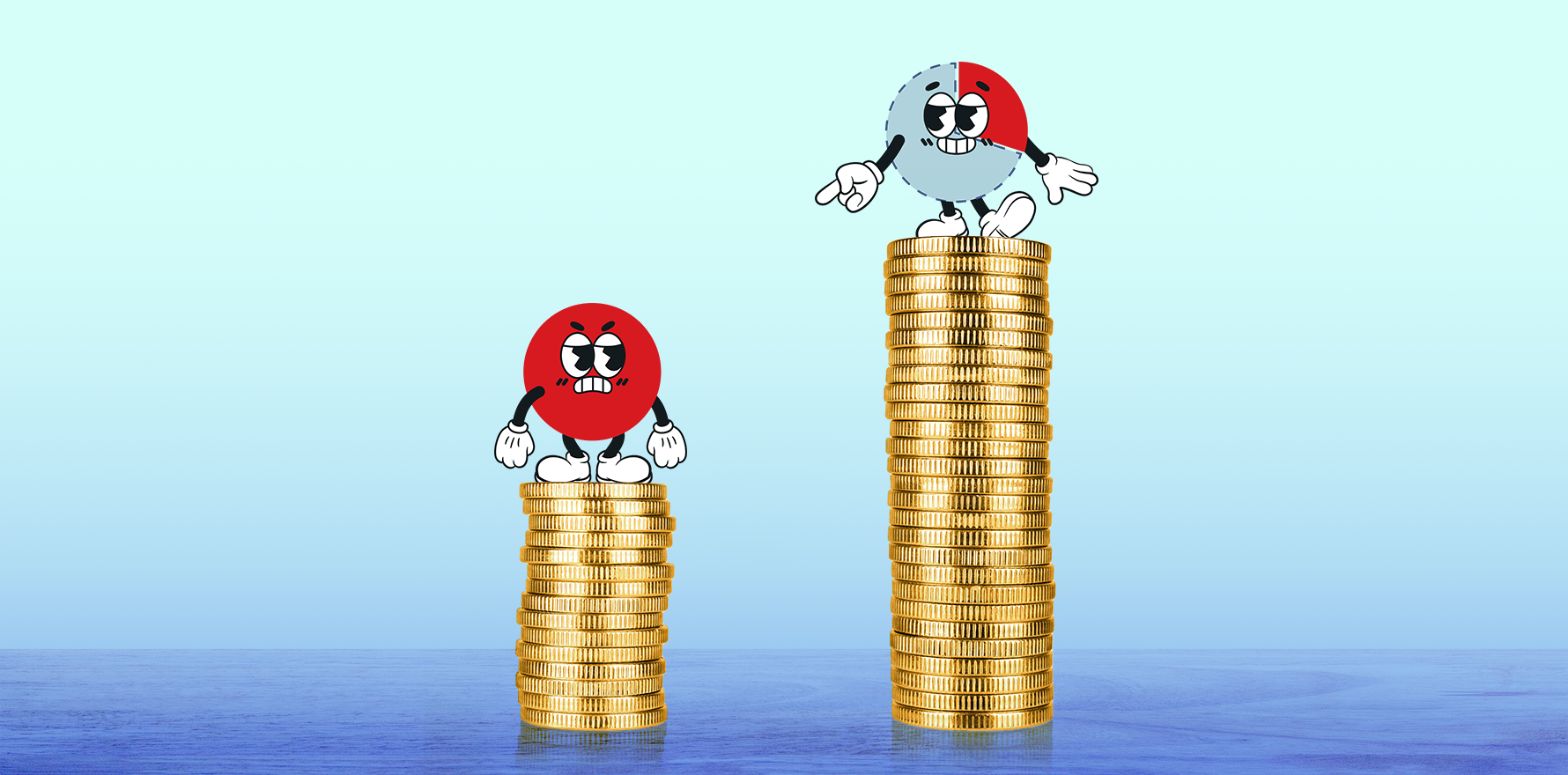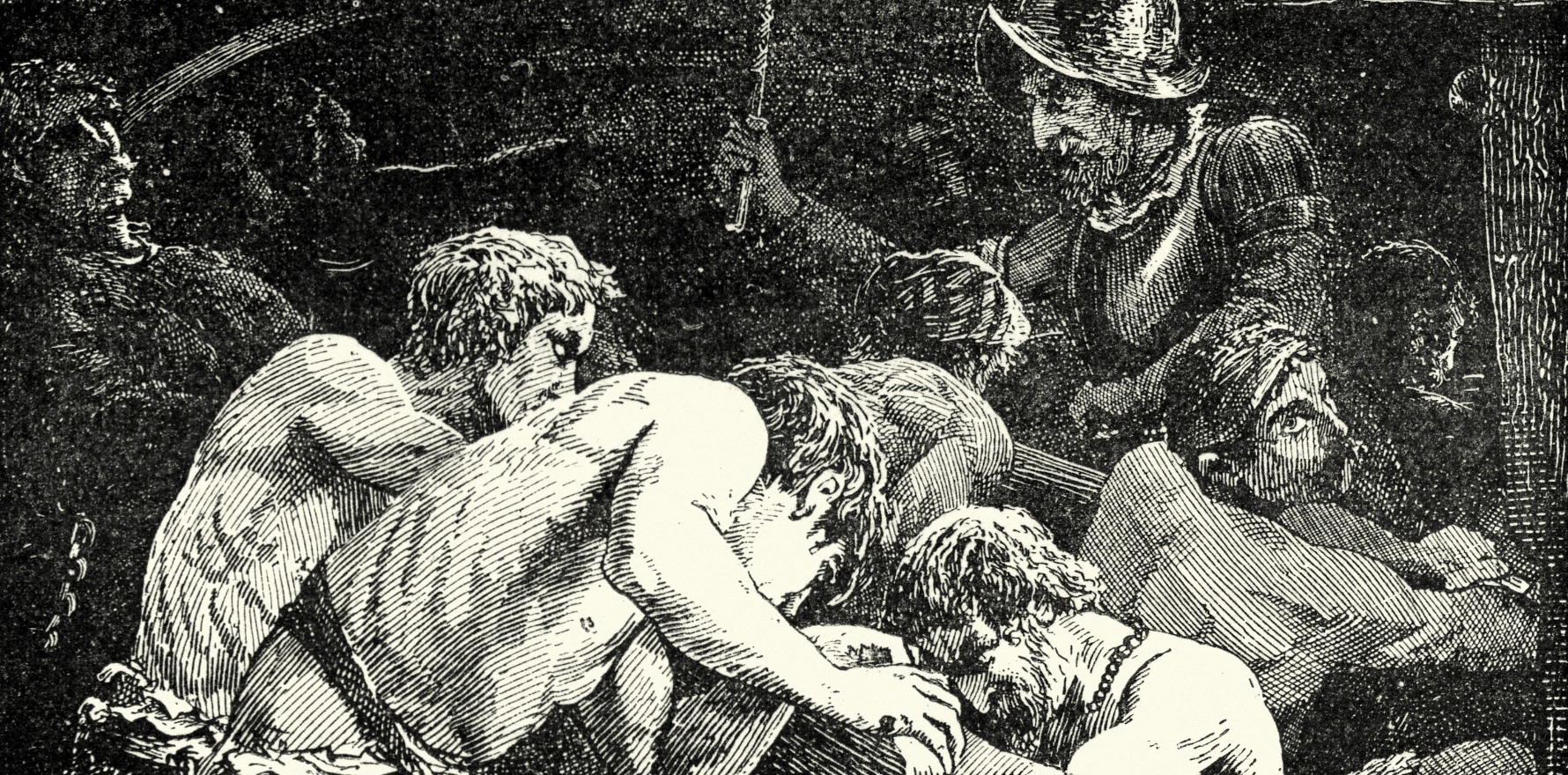By setting aside just a sliver of their income, a group of intern doctors have donated more than $30,000.
For the past year and a half, a growing group of newly minted doctors in Brisbane have been setting aside 1% of their fortnightly paychecks to help tackle health inequalities in their local communities.
The project, One for Health, was started by second-year intern Dr Oliver Wightman and a small group of friends in 2023 and has now grown to around 40 junior doctors.
Together, they have donated roughly $30,000 to medical charities like Streetside Medics and Kombi Clinic.
“We wanted to reconcile the transition we’re making from being broke students on Centrelink who were full pep and vigour and … into lots of different causes and volunteering,” he told The Medical Republic.
“Then you become a doctor and finally start getting paid, but tend to draw inwards to yourself and lose that perspective because you’re wrapped up in hospital life and just trying to get through.”
At the same time, Dr Wightman said, giving $5 or $10 to different charities ad hoc tended to feel somewhat futile – which is where the idea to pool money among colleagues came from.
“We know people will probably go out there and give five bucks here or 30 bucks there,” the intern doctor said.
“But we have the ability to have a bunch of people going in the same direction, so you can give meaningful amounts that make a good difference, and there’s some satisfaction there as well.”
One for Health is a registered charity, meaning donations are also tax deductible.
The way it works is simple; each member donates around of 1% of their fortnightly pay to One for Health and every six months they take a vote on where to donate the money.
Then they empty their coffers and begin again.
“It’s kind of like … a win-win for all these different people – like we’ve got our community of mates who graduated med school together wanting to find a way to give, and at the same time, we can help these organisations that are already out there doing things, so we don’t need to reinvent the wheel,” he said.
“As part of that, we can help junior doctors understand that giving and philanthropy can be really straightforward and accessible, even at a younger age.”
Related
So far, the group has partnered with Sydney-based homeless outreach service Streetside Medics and Brisbane charity Kombi Clinic, which assesses and treats patients at drug and alcohol treatment centres for hepatitis C.
“Often there are community-based projects that could really benefit from an injection of cash,” Dr Wightman said.
At time of writing, applications have just closed for organisations hoping to be on the receiving end of the third One for Health giving cycle.
“I think doctors in particular tend to sort of fall off the face of the earth and then come back out at age 50 or 60 with a legacy on their mind and join these foundations and charities,” Dr Wightman said.
“But I do think we have a missing cohort of junior doctors and junior registrars who have a lot of capacity to do cool things as well.”
While the initial cohort of donors to One for Health were Queensland Health employees, it’s not a requirement for donating.
Suggested donation amounts are based off of Queensland Health salary rates for junior doctors, but there’s also an option to input a custom amount.
Donations can be one-off or recurring on a fortnightly or monthly basis.





